Wednesday 29th May 10.00am-1.30pm (includes lunch and open to all)
Create Lecture Theatre, Fusion Building. Talbot Campus
This symposium, organised by BU Women’s Academic Network, brings to the fore research to challenge sexual harassment and gender-based violence on campus. Relatively recently, key institutions within the UK are making positive moves to put in place procedures to change cultures of acceptable conduct within Higher Education e.g., https://news.gov.scot/news/tackling-sexual-violence-and-harassment-on-campus. Following this shift to confront sexual harassment, this symposium offers a research-informed forum to raise awareness; it extends BU 2025 values of inclusivity and responsibility to an topic that is often ignored.
The morning will consist of the following presentations:
Speakers: Eva Tutchell and John Edmonds ‘Unsafe Spaces: Ending sexual abuse in Universities’
Eva started her career as a secondary school teacher and then worked for many years as an education adviser working with all age groups on gender issues. Her book Dolls and Dungarees is recommended reading for primary school teachers. She has researched attitudes of teenage boys and published guidance for schools and colleges on disordered eating.
John was General Secretary of the GMB trade union for 17 years where he increased the representation of women throughout the union. He also served as TUC President. He is a Visiting Fellow of Kings College London and a Visiting Professor at Durham University Business School.
Eva and John have been commissioned by Emerald Publishing to write about sexual misconduct and abuse in Institutes of Higher Education.
Speaker: Professor Heather Savigny ‘Gendered reflection on the impact of the REF as ‘cultural sexism’
Heather is Professor of Gender, Media and Politics at Leicester Media School, De Montfort University
Offering a feminist and intersectional (Crenshaw, 1991) analysis using survey and interview data, this paper explores the impact of social media engagement on female academics themselves, in order to understand the ways in which women experience ‘cultural sexism’ alongside ‘symbolic violence’ in the mediated public sphere. Fundamentally, ethically, this paper asks political questions about the nature of power in a policy agenda, shored up through social media usage, which fails to acknowledge the mediated embedding of masculinized knowledge and cultural sexism, as features which can serve to silence (Beard, 2017), ‘discipline and punish’ a diversity of academic women.
Speaker: Dr Peter Hills Sexual assault and acquaintance rape
Peter is Head of the Psychology Department at Bournemouth University
Peter’s research explores a number of areas of misogyny, sexual violence, and acquaintance rape. In this theme, his work has been around exploring the public’s attitudes to misogyny (both online and offline) and acquaintance rape and ways to reduce both. The work he will present concerns an evaluation of a recent campaign that has been run at Bournemouth University aimed to raise awareness of sexual assault and acquaintance rape. In particular, Peter will explore how attitudes in the University have been modified by this campaign and use the lessons learnt to inform best practice in reducing such behaviours.
For further information contact Lorraine Brown, Jayne Caudwell and Sara Ashencean Crabtree.

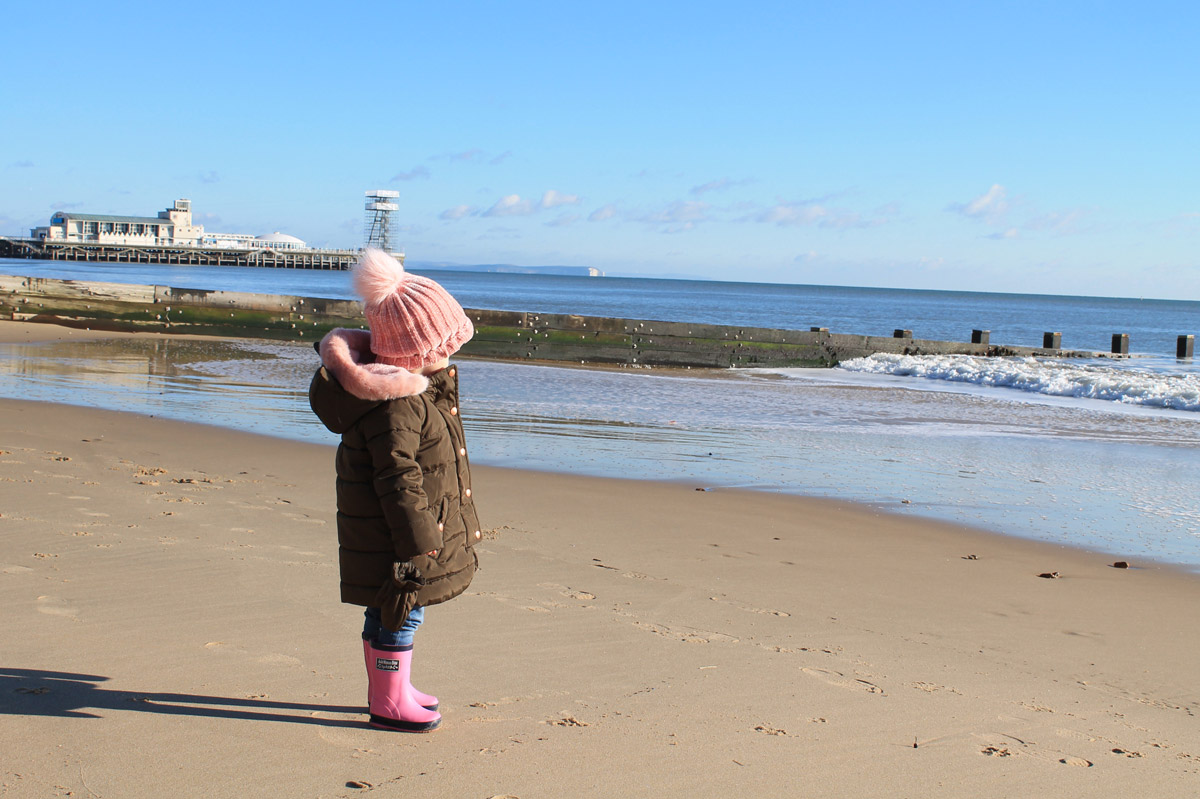
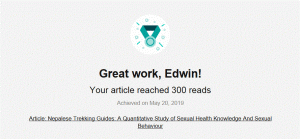

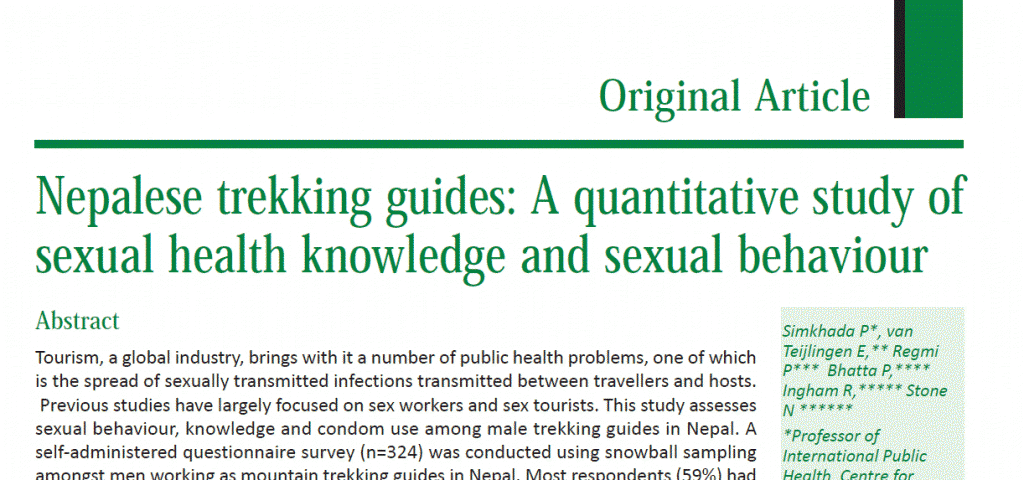





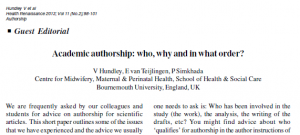
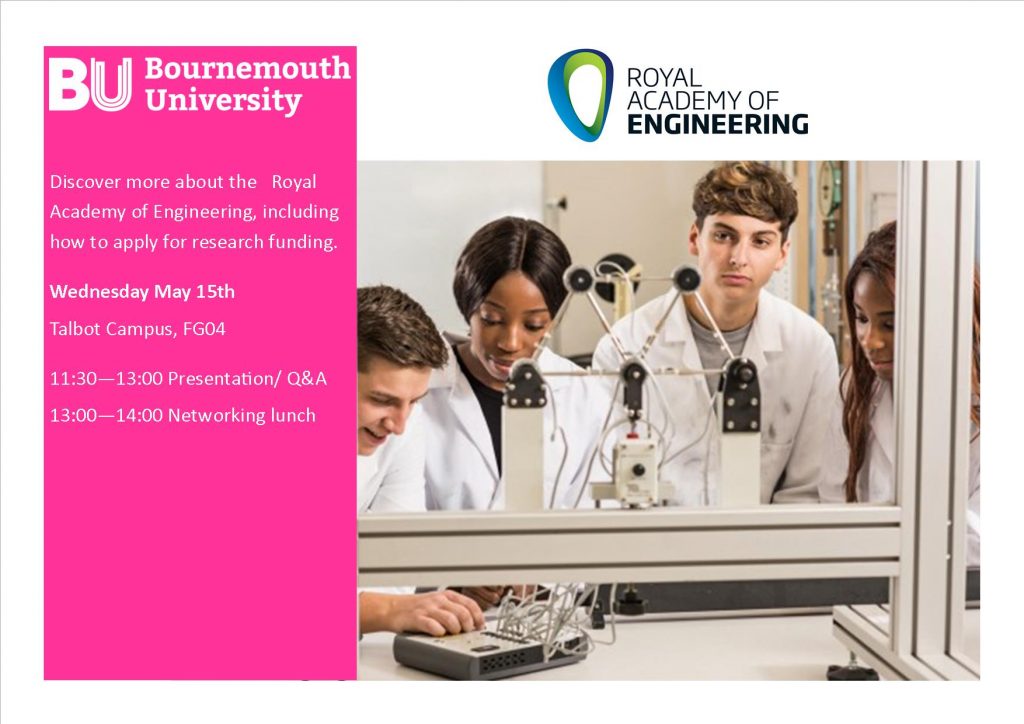 Engineering matters. It underpins our daily lives, drives economic growth, plays a critical role in addressing major societal challenges and helps ensure our readiness for the future, from providing a sustainable supply of food, water and clean energy, to advancing healthcare, and keeping us safe and secure.
Engineering matters. It underpins our daily lives, drives economic growth, plays a critical role in addressing major societal challenges and helps ensure our readiness for the future, from providing a sustainable supply of food, water and clean energy, to advancing healthcare, and keeping us safe and secure. Yesterday the Nepal Journal of Epidemiology published its latest issue which included the paper on ‘Post-Traumatic Stress Disorder among the Flood Affected Population in Indian Subcontinent’ [1]. This Short Communication is co-authored by Prof. Edwin van Teijlingen and two members of the Visiting Faculty in our Faculty of Health & Social Sciences, namely: Prof. Padam Simkhada and Dr. Brijesh Sathian. The Nepal Journal of Epidemiology is an Open Access journal hence this paper is freely available for anybody with internet access to read.
Yesterday the Nepal Journal of Epidemiology published its latest issue which included the paper on ‘Post-Traumatic Stress Disorder among the Flood Affected Population in Indian Subcontinent’ [1]. This Short Communication is co-authored by Prof. Edwin van Teijlingen and two members of the Visiting Faculty in our Faculty of Health & Social Sciences, namely: Prof. Padam Simkhada and Dr. Brijesh Sathian. The Nepal Journal of Epidemiology is an Open Access journal hence this paper is freely available for anybody with internet access to read.
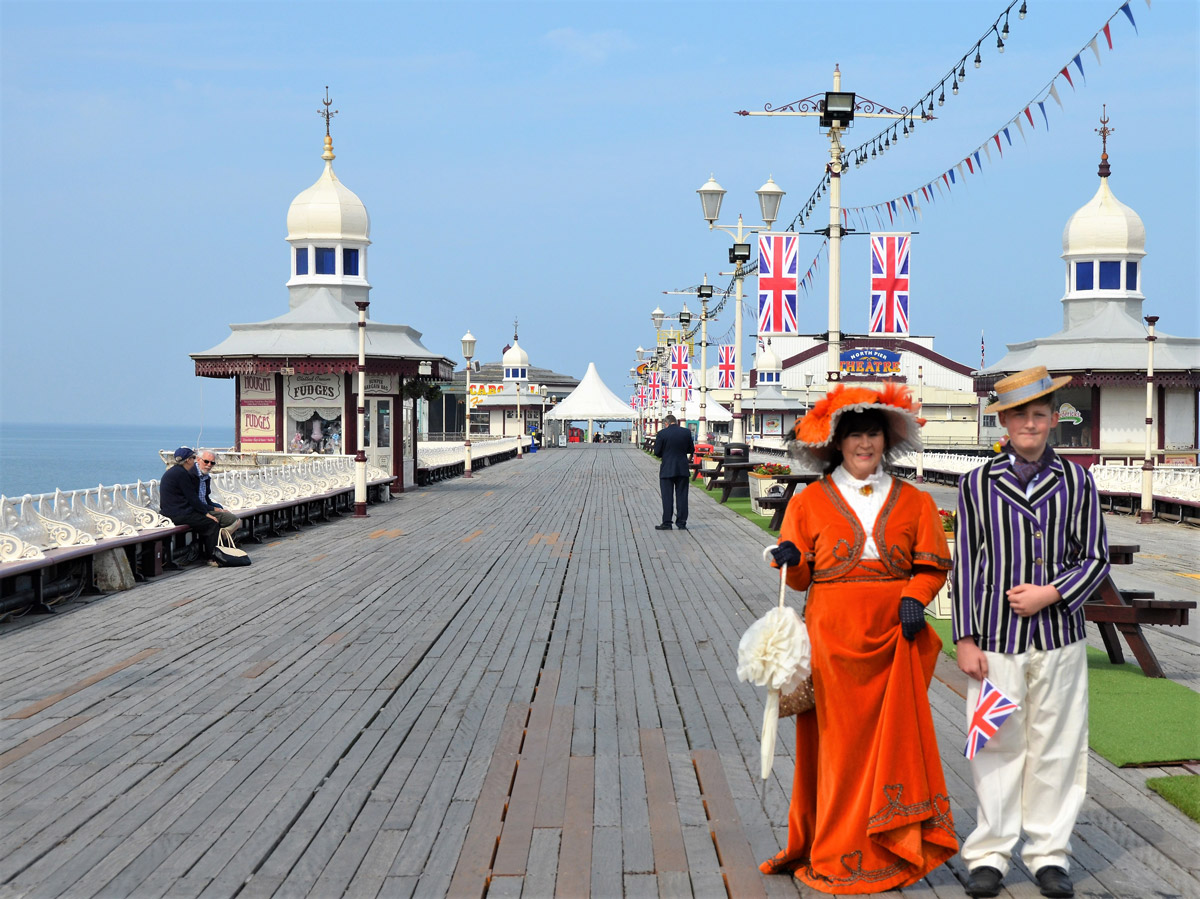
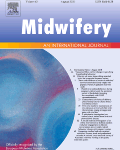
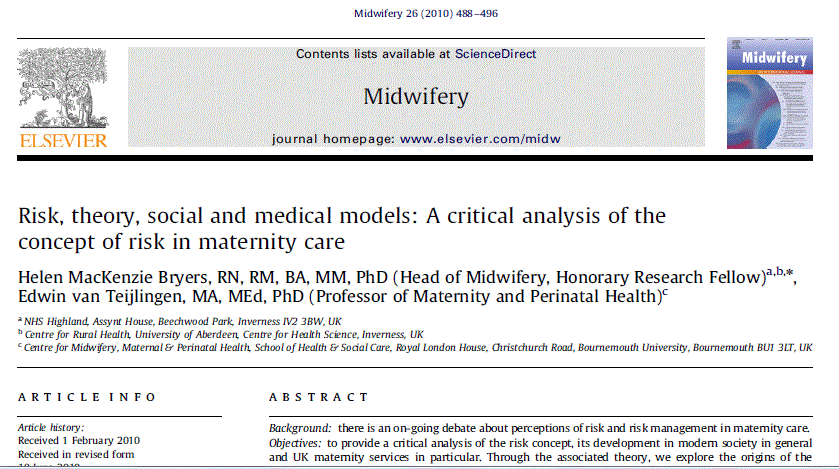
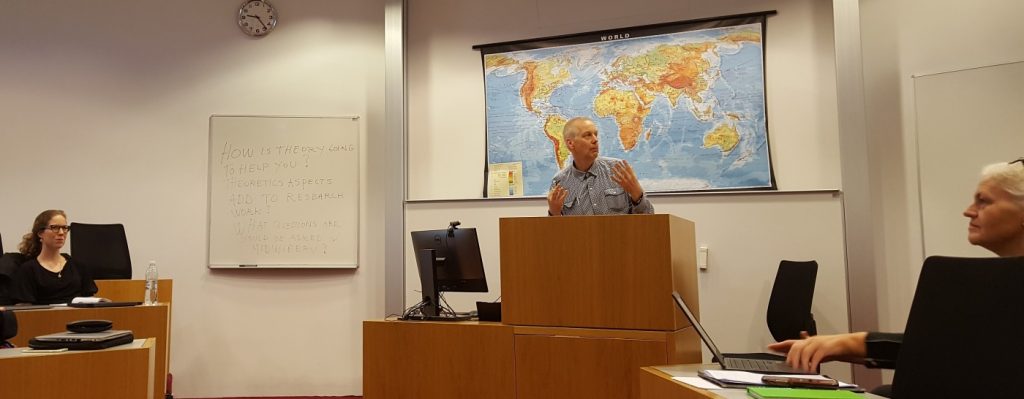
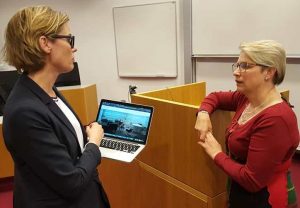
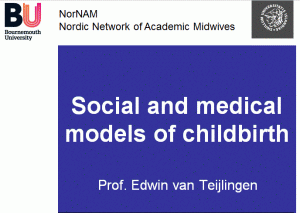
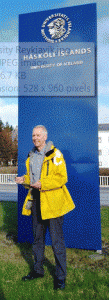













 FHSS academics teaching in Nepal
FHSS academics teaching in Nepal New weight change BU paper
New weight change BU paper One week to go! | The 16th Annual Postgraduate Research Conference
One week to go! | The 16th Annual Postgraduate Research Conference Geography and Environmental Studies academics – would you like to get more involved in preparing our next REF submission?
Geography and Environmental Studies academics – would you like to get more involved in preparing our next REF submission? Congratulations to three former BU staff
Congratulations to three former BU staff MSCA Staff Exchanges 2024 Call – internal deadline
MSCA Staff Exchanges 2024 Call – internal deadline Applications are now open for 2025 ESRC Postdoctoral Fellowships!
Applications are now open for 2025 ESRC Postdoctoral Fellowships! Horizon Europe – ERC CoG and MSCA SE webinars
Horizon Europe – ERC CoG and MSCA SE webinars MaGMap: Mass Grave Mapping
MaGMap: Mass Grave Mapping ERC grants – series of webinars
ERC grants – series of webinars